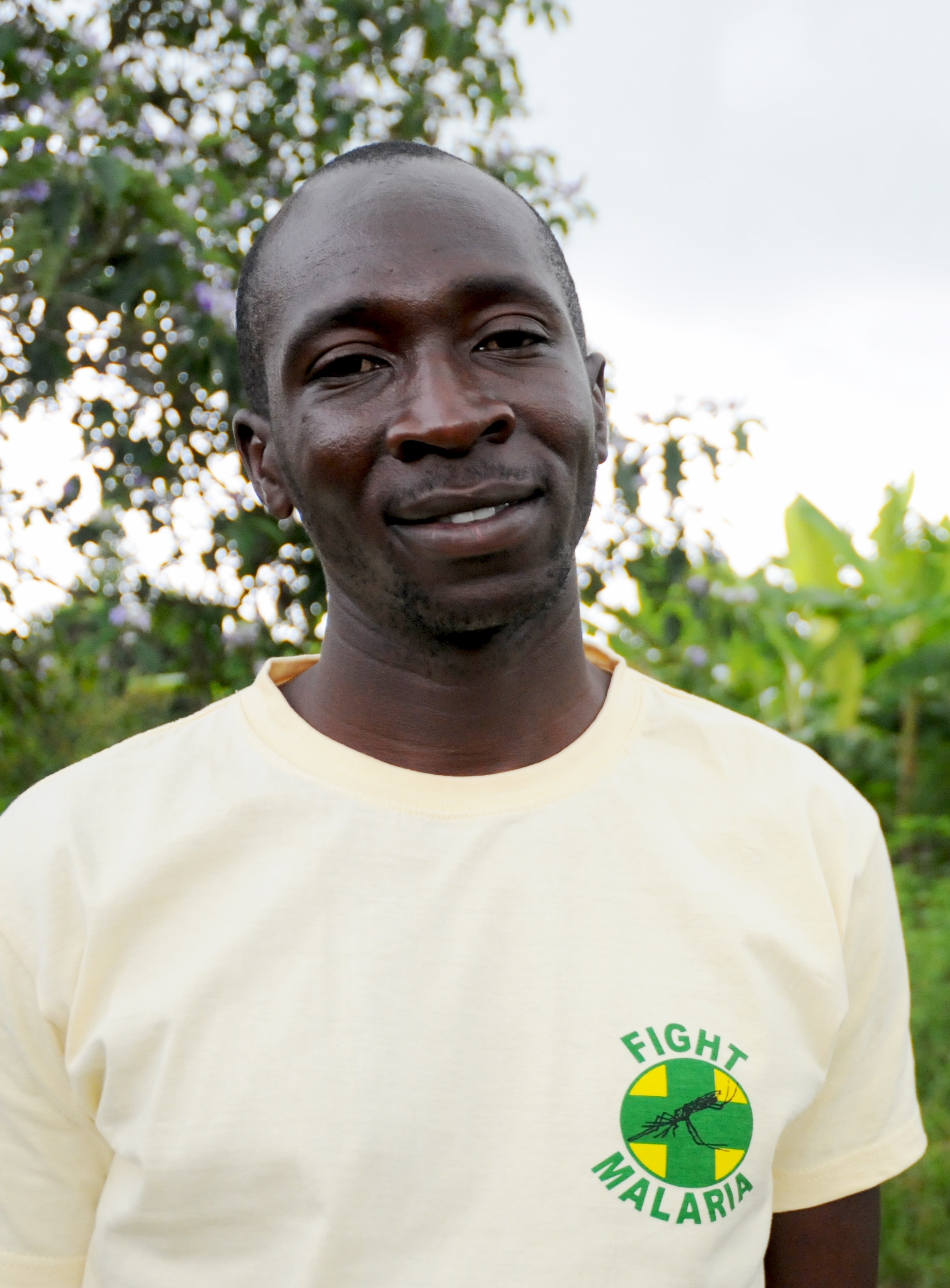Areas of focus
 |
Malaria Consortium Uganda has been working in the country since 2003. Our areas of focus in the country include: |
Malaria prevention, diagnosis and case management
In Uganda, we are working to improve the prevention, diagnosis and case management of malaria
Malaria Consortium’s prevention activities in Uganda aim to rapidly increase coverage of life-saving interventions with a dramatic impact upon the burden of malaria. We play a leading role in the distribution of mosquito nets – long-lasting insecticidal nets – through mass distribution campaigns as well as continuous distribution at health facilities. We also play a lead role in strengthening health and antenatal services to prevent malaria during pregnancy. Community based outreach, including through radio programmes and community dialogues, focus on promoting positive behaviours around malaria prevention are implemented alongside health delivery services.
Closely with the Ministry of Health, we are working to improve diagnosis of malaria in Uganda. Using results from our operational research, Malaria Consortium has contributed to the adoption of an evidence-based approach to scaling up parasitological-based diagnosis of malaria. Malaria Consortium facilitated the National Malaria Control Programme’s policy development on diagnosis and case management of malaria. Malaria Consortium has worked closely with the Ministry of Health to develop national policy guidelines on the Integrated Management of Malaria as well as an RDT user manual and training guidelines.
Integrated Community Case Management of Malaria, Diarrhoea and Pneumonia (ICCM)
In Uganda, we are working to increase access to diagnosis, treatment and care for children to end deaths from malaria, diarrhoea and pneumonia, largely preventable and treatable diseases.
Malaria Consortium is working with the Ministry of Health to provide access to treatment for malaria, pneumonia and diarrhea at the community level. The approach – known as integrated community case management (ICCM) – is currently being implemented in 17 districts in central and mid-western Uganda.
Working within the Ugandan Ministry of Health “Village Health Team” strategy, we have trained and equipped Village Health Teams (VHTs) to diagnose and treat these diseases and to ensure that complicated cases are referred to the nearest health facility.
Our technical experts are also conducting operational research on the effectiveness of ICCM in reducing preventable deaths in young children. This research aims to identify effective, replicable community-based treatment systems can be implemented at scale among hard-to-reach populations, with the ultimate goal of reducing mortality in children under the age of five by 35%. We are piloting technological innovations, such as the use of mobile phones (through Rapid SMS) to transmit data from Village Health Team members to health facilities.
Health System Strengthening
In Uganda, we are working with Ministry of Health in Uganda to strengthen the health system and human resources in the country. A strong health system, including a strong workforce of health professionals, is essential for improving access to health care and ending deaths from preventable and treatable diseases, such as malaria. Our areas of focus include:
- Working with all levels of the health system to improve the management of the supply chain in the health sector in order to ensure that tools such as mosquito nets and malaria drugs are available when and where they are needed.
- Training and support supervision of health workers and Volunteer Health Team members to support the creation of a strong health workforce
- Supporting the use of technologies and health management information systems that are critical to effective provision of health care.
- Technical assistance to the Ministry of Health through the development and review of health policies and guidelines
Research, policy and advocacy
Operational research and documentation of lessons learnt during project implementation is a core focus of Malaria Consortium Uganda. By sharing our results with the Ministry of Health and other partners, we aim to influence policy towards the most effective strategies available. For more information on our operational research, take a look at our publications database. Advocacy activities build off learning dissemination carried out at local, national and international levels to ensure effective translation of lessons learnt and operational research findings into improved policy and implementation and to promote the sustainability of the effective interventions. Find out more.